While we aim to discuss a wide breadth of films each year, few things give us more pleasure than the arrival of bold, new voices. It’s why we venture to festivals (at least virtually, this year) and pore over a variety of different features that might bring to light some emerging talent. This year was an especially notable time for new directors making their stamp, and we’re highlighting the handful of 2020 debuts that most impressed us.
Below, one can check out a list spanning a variety of different genres and many are available to stream here. In years to come, take note as these helmers (hopefully) ascend.
The 40-Year-Old Version (Radha Blank)

Playwright Radha Blank’s spirited directorial debut The 40-Year-Old Version in an often hilarious and heartfelt autobiographical tale of reinvention. Surrounded in a shoebox apartment of memories of her past including 30 Under 30 Awards, Blank plays herself, a playwright who is faced with two options for her new play Harlem Ave: a local family theater or a flashier off-Broadway venue with a hole in their schedule. Best friend Archie (Peter Y. Kim) convinces her to get dressed up and court Josh Whitman (a scene-stealing Reed Birney) who has just come away from producing a bi-racial reboot of Austin Wilson’s Fences. Whitman is known for producing “safe, white-friendly” black stories and after getting physically choked by Blank, he relents and agrees to put on a production of Harlem Ave. – John F. (full review)
Babyteeth (Shannon Murphy)

Milla is not the first terminally stricken teen girl to grace a coming-of-age film, nor will she be the last. She may, however, be the most precocious: kitted out in oversized ‘80s woodland animal shirts and Day-Glo colors, and with a revolving cast of hairdos (for obvious reason), she enlivens and emboldens the new film Babyteeth with a punky energy that–try as lesser directors might–is not often seen in such things. Indeed, we’re not kissing Ansel Elgort in Anne Frank’s house anymore, Dorothy. – Rory O. (full review)
The Climb (Michael Angelo Covino)
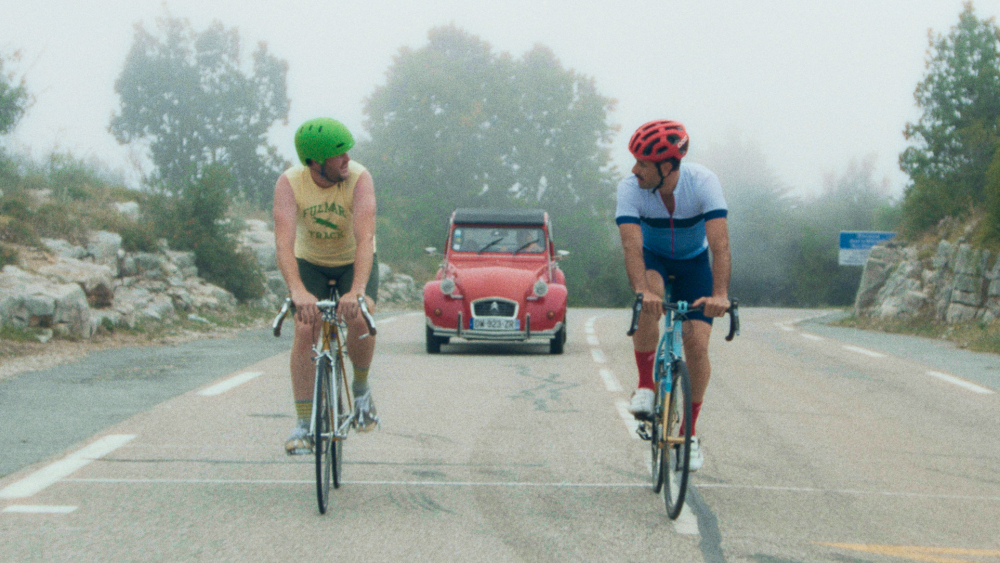
In The Climb–as occasionally in life–friendship can be an uphill struggle at the best of times. So how about the worst? Michael Angelo Covino’s auspicious feature debut confronts that topic as a barometer might an oncoming storm. It’s essentially a buddy comedy, although one of the caustic variety, and built to make you squirm just a little, like Judd Apatow put through a filter of something like Festen or Force Majeure. – Rory O. (full review)
The Grand Bizarre (Jodie Mack)
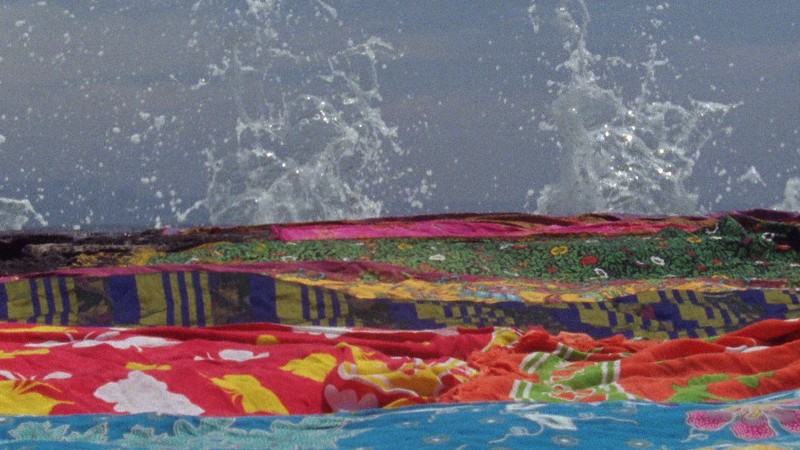
Jodie Mack’s work is vital, both in the sense that it is an essential cornerstone of modern film practice but also–and more significantly–alive. With a stop-motion style of animation that returns the genre to its oft-forgotten root definition of literally bringing inanimate objects to life, her experimentation with form is refreshingly playful and unpretentious, liberating materials from their settings and placing them in conversation with less colorful aspects of the world at large. Her first feature The Grand Bizarre has been a long time coming, disrupting a loaded filmography of significant, acclaimed short films. With an hour run-time that abstractly chronicles the travels of a group of vibrantly colored, escaped textiles and fabrics, Mack escalates breathtaking aesthetic revery into a stimulating discourse on the global economy. – Jason O. (full review)
Ham on Rye (Tyler Taormina)
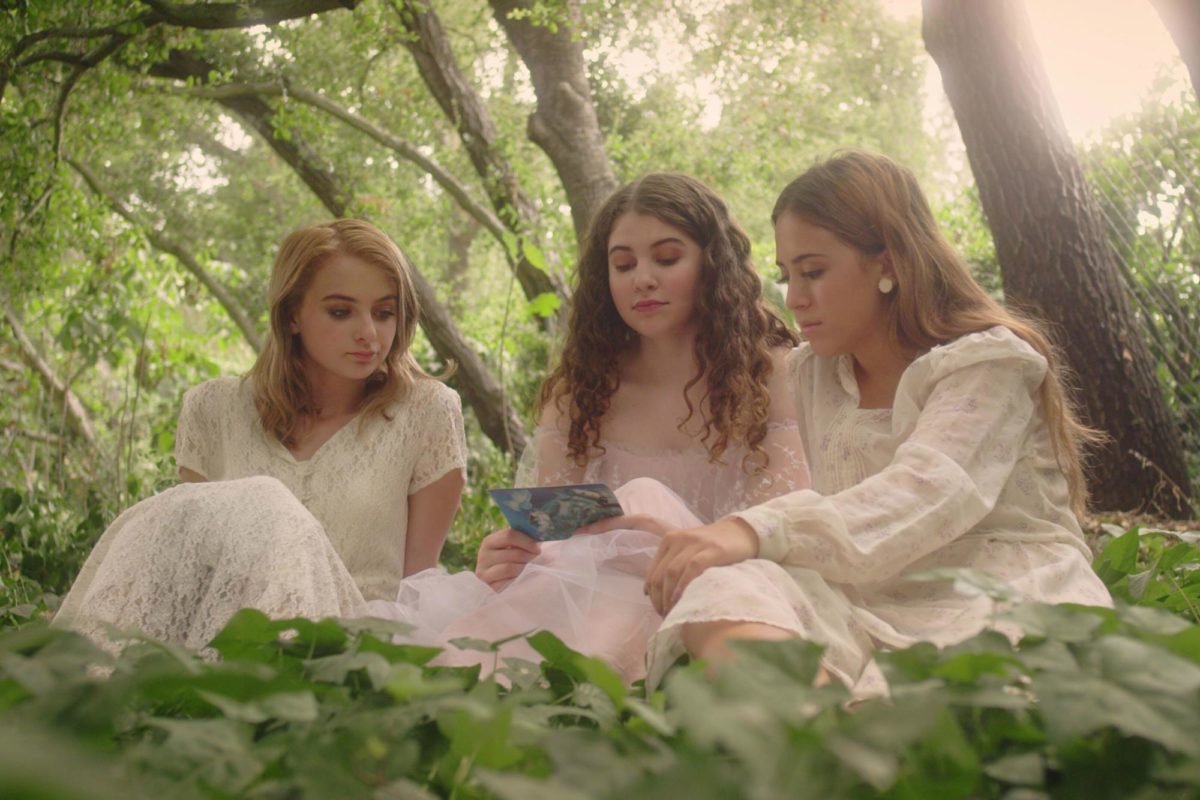
It’s fair to say that one of the most common genres dominating the American independent film realm is the coming-of-age film. From present-set, relentlessly up-to-the-date affairs to more nostalgic evocations, they have formed a considerable contingent, manifesting themselves even in some of the most heralded films of the past decade. With that saturation, however, tends to come a feeling of weary familiarity, as the same base concerns seem to recur over and over, reducing the complex masses of hormones and neuroses that are teenagers into walking stereotypes. A stark contrast to this state is Tyler Taormina’s feature debut Ham on Rye, which both leans into and defiantly avoids many of the generic pitfalls. – Ryan S. (full review)
His House (Remi Weekes)
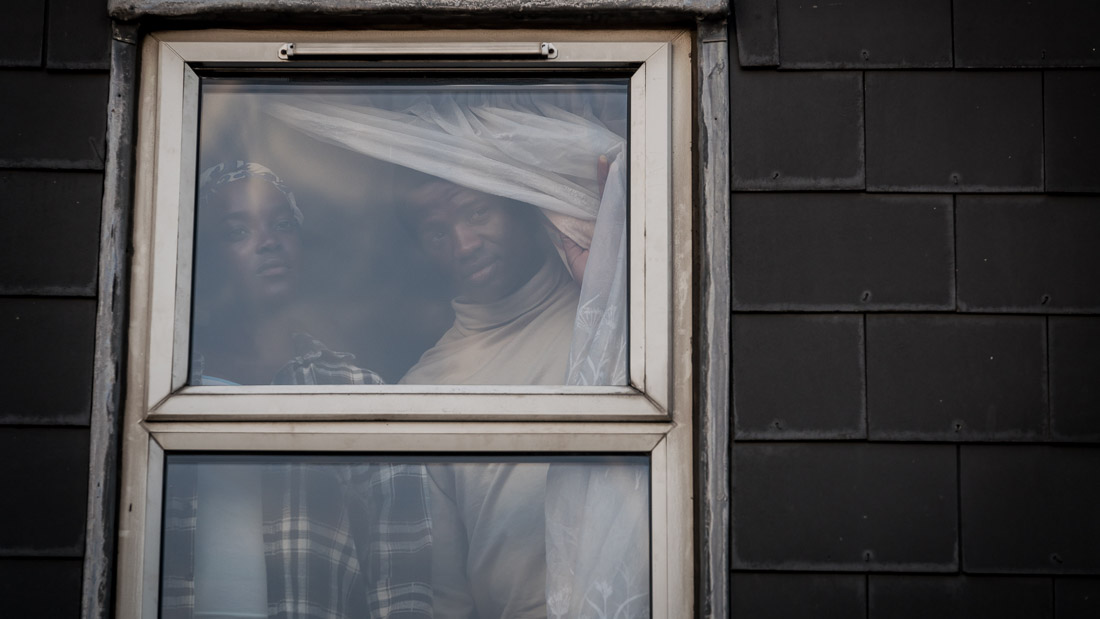
As Rial (Wunmi Mosaku) sits in a hospital, a doctor (Emily Taaffe) takes her blood and notices marks on her skin. One is on her arm; the other, the right side of her neck. The patient explains that her South Sudanese village had two tribes and, due to her not being part of just one, she wears both their respective symbols. Then her eyes lightly focus and she explains: “I survive by belonging nowhere.” There’s a lot of scary stuff going on in Remi Weekes’ feature debut His House, but the most thorough one is the idea that belonging and thriving are mutually exclusive. – Matt C. (full review)
House of Hummingbird (Bora Kim)
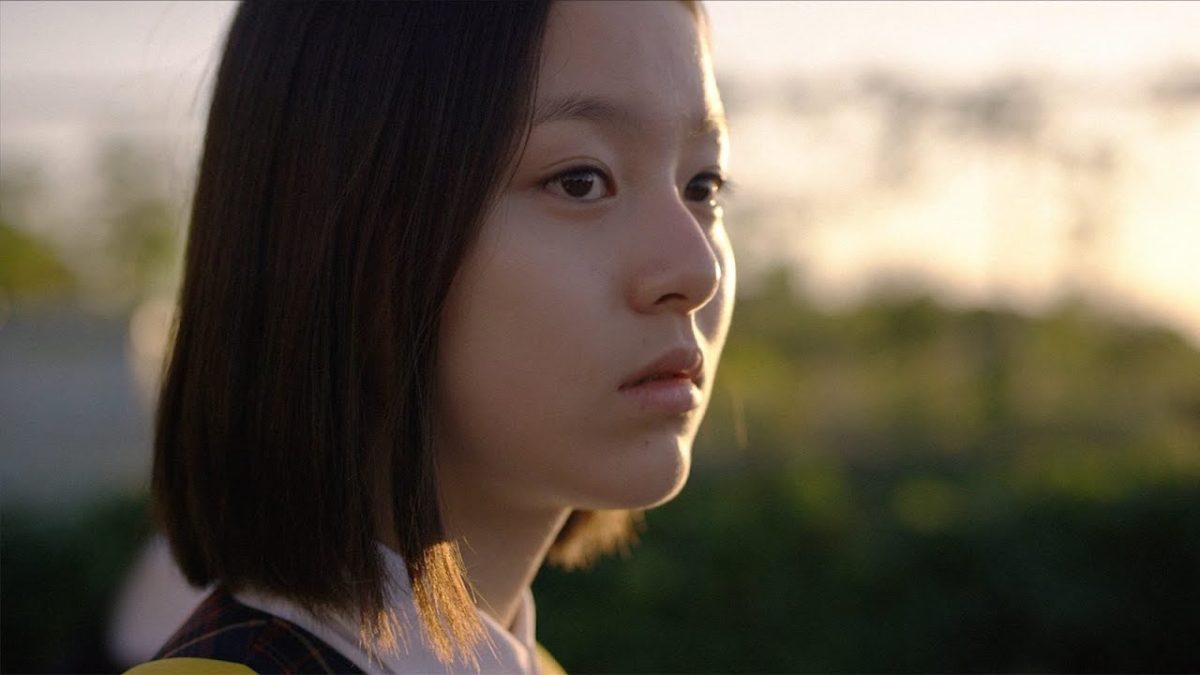
Bora Kim’s tender, carefully observed debut feature––which was a Berlinale prize-winner––made its way to Virtual Cinemas earlier this summer, but I recently caught up with it as it arrives on VOD. Set in Seoul in 1994 and following a girl’s coming of age, the film is beautifully spare of high drama and over-complicated twists and turn, rather deeply focusing on how the smallest of interactions can make an imprint on a developing mind and the ripple effect decisions can have in various relationships. It’s sturdy, strong introduction for the director, and we look forward to whatever she’ll be doing next. – Jordan R.
One Night in Miami (Regina King)
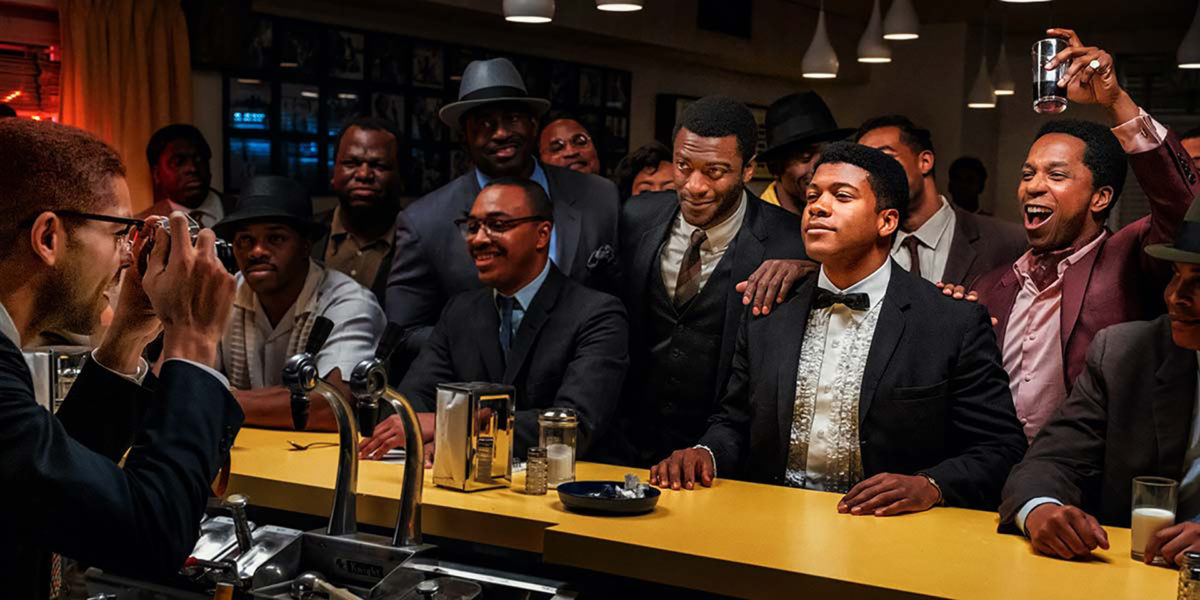
The power behind Regina King’s directorial debut (adapted by Kemp Powers from his own play) One Night in Miami… is epitomized by an exchange between Malcolm X (Kingsley Ben-Adir) and Jim Brown (Aldis Hodge) a little more than halfway through. It’s the night their friend Cassius Clay (Eli Goree) became the surprise heavyweight-boxing champion of the world and the two are alone in the former’s hotel room while the Champ chases down the fourth member of their quartet, Sam Cooke (Leslie Odom Jr.), after he stormed out frustration. The conversation moves from colorism to the motivations for their actions straight into the notion of duty within the civil rights movement. Malcolm sees his friends as leaders armed with the voices and platforms to shift the tide. – Jared M. (full review)
Miss Juneteenth (Channing Godfrey Peoples)
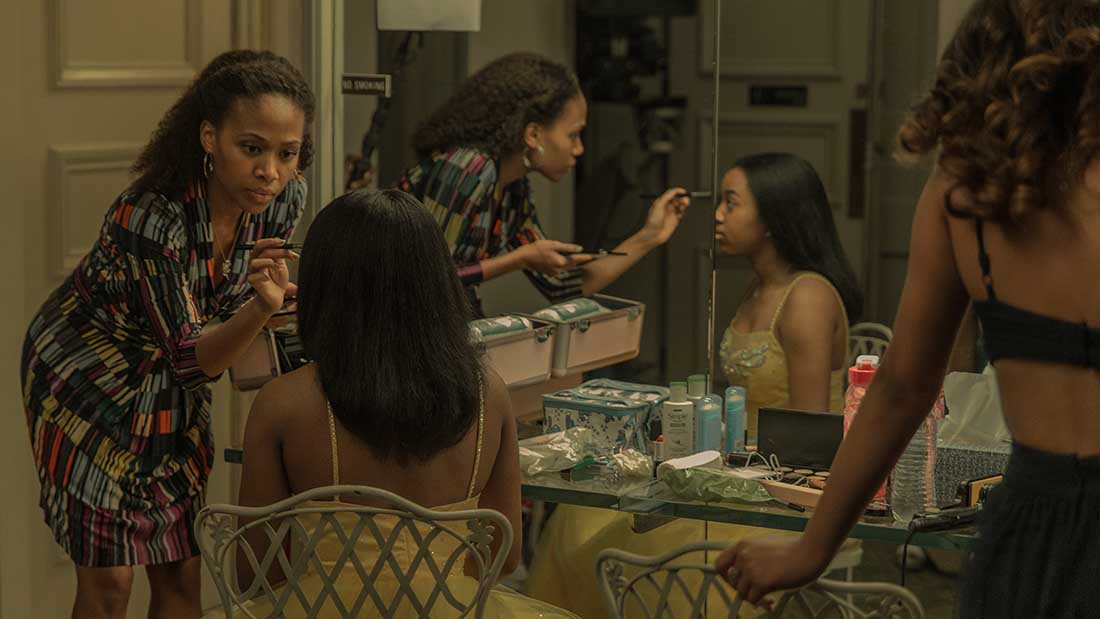
A unique and authentic film that captures African American life in deep in heart of Fort Worth, Texas, Channing Godfrey Peoples’ Miss Juneteenth is a warm and wise picture that traces a fractured mother-daughter relationship against the backdrop of an annual pageant. The film veers into familiar material as a mother, Turnouise Jones (Nicole Beharie), presses her 15-year old daughter Kai (Alexis Chikaeze) to follow in her footsteps and compete for a scholarship that will enable her to leave the small world she knows. It appears as if Kai has plans to do so, with or without Turnouise’s nudging as she shows little to no interest in the completion. – John F. (full review)
Palm Springs (Max Barbakow)

When Bill Murray repeatedly wakes up on the same morning in Groundhog Day, the radio blares Sonny and Cher’s “I Got You Babe.” It’s a winking reminder of what’s missing in his life, an auditory motivation to change his circumstances and escape his cyclical prison. When Andy Samberg wakes up on the same morning in Palm Springs, it’s his cheating, airhead girlfriend Misty (Meredith Hagner) that forces his eyes open. She’s a cold reminder of the relationship he wants to leave—except in his time loop, he’s given up on escaping at all. – Jake K. (full review)
Promising Young Woman (Emerald Fennell)
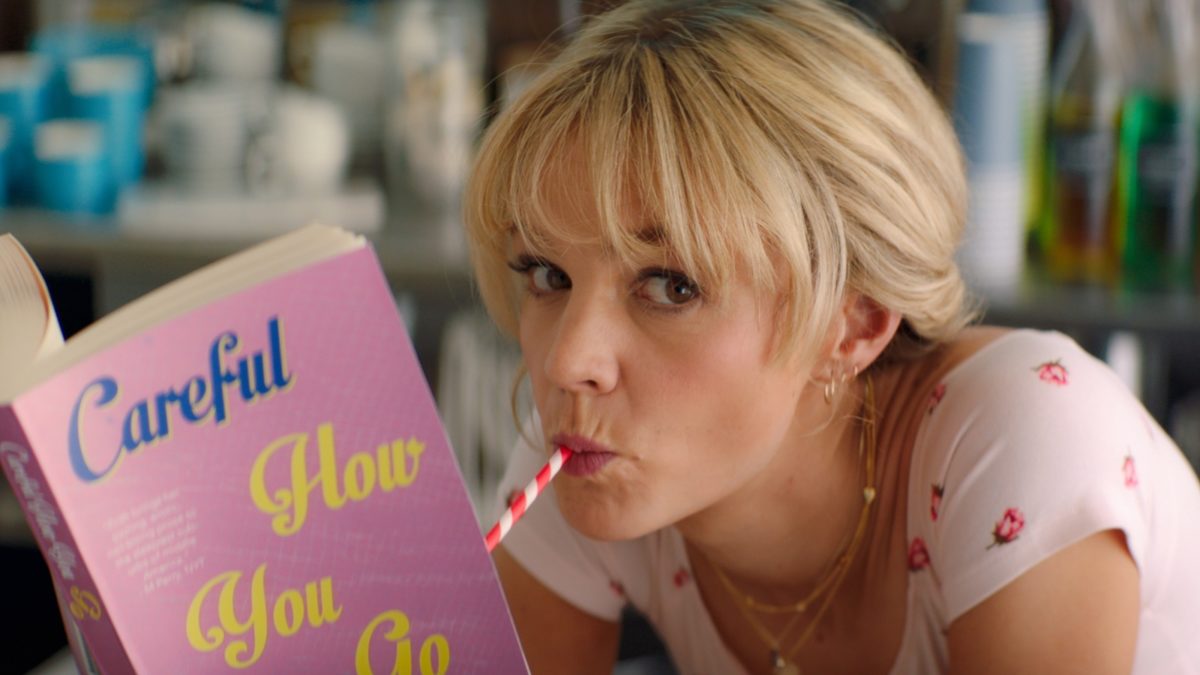
So much of what makes Promising Young Woman work so well is in what’s not on screen. Far more contemplative than initial marketing might suggest, this is a revenge fantasy only in the simplest of terms. Where one might expect violence as a form of therapy, there is instead a brutal examination of societal norms that allow men to be evil. – Dan M. (full review)
The Sharks (Lucía Garibaldi)
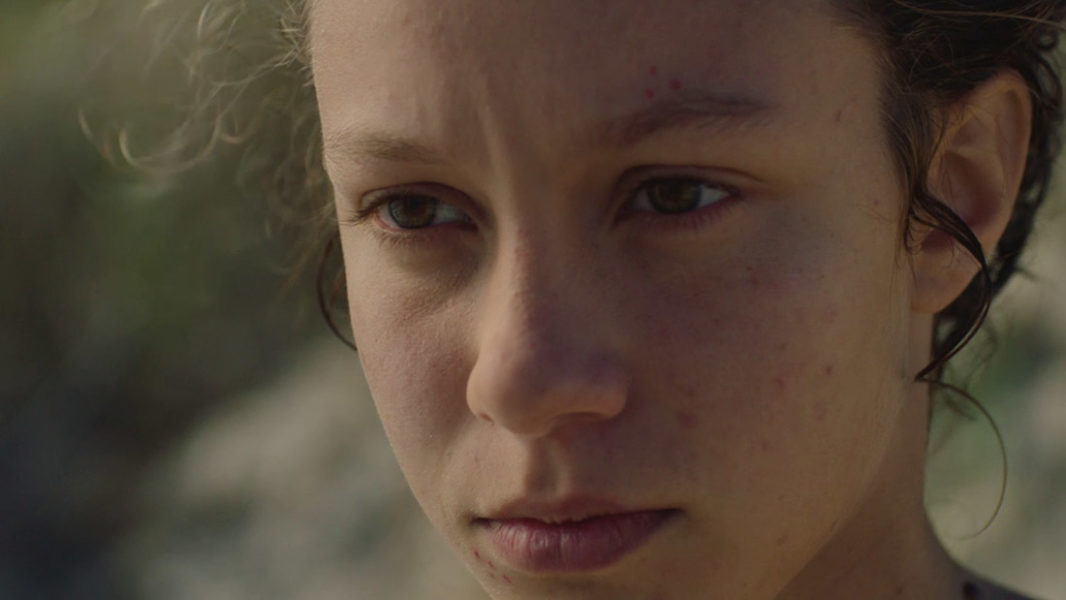
There are many highlights that can come out of a well-curated international film festival, especially one as high profile as Sundance. At the top of that list is foreign films that also herald fresh voices. The Sharks, written and directed by Lucía Garibaldi, boasts a bit of both. The film follows Rosina (Romina Bentancur), a young woman who lives in a seaside town with her family. She’s growing up fast, showing signs of budding sexually and violence. While she is intrigued by Joselo (Federico Morosini), an older boy who works for her father (Fabian Arenillas), her older sister recovers from a rather heinous injury we’re told was at the hands of Rosina. – Dan M. (full review)
Shithouse (Cooper Raiff)
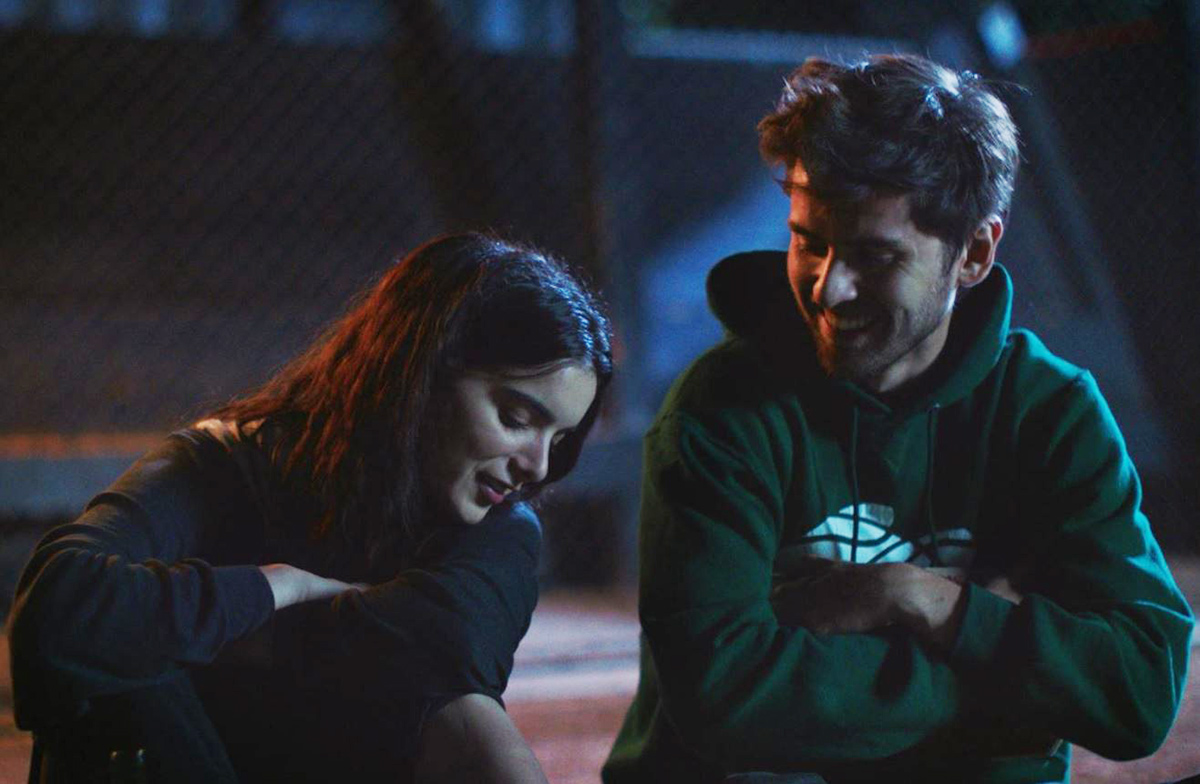
Making a movie about the college experience feels both universal and redundant. Haven’t we all seen this film before? Haven’t we watched this world played out in every which way? Shithouse, written and directed by the 22-year-old Cooper Raiff, tells a familiar story with a specificity that cannot be ignored. Raiff stars as Alex, a college freshman struggling to adjust. He’s got a drunk asshole roommate (Logan Miller) and a bad case of homesickness. One night after a party at a place called “Shithouse” (the type of dank university house most college-goers have stumbled into), Alex makes fast friends with Maggie (Dylan Gelula), his R.A. What follows is a sometimes awkward, sometimes cute, mostly honest night of getting to know one another. – Dan M. (full review)
Swallow (Carlo Mirabella-Davis)

Hunter (Haley Bennett) has never had control over her life. She’s tried her hardest to claim some, however, by giving away her love. She gave it to a mother who treated her like an afterthought compared to her siblings, a career in art that always found itself to be just out of reach, and the man (Austin Stowell’s Richie) she walked down a matrimonial aisle towards despite his only ever seeing her as a prize—a possession for a shelf of conquests someone in his socio-economic sphere needs to prove successful. As every projection of her love was met by indifference and/or irritation, it ate at her resolve to believe it was possible to become whole. Numbed to their apathy, Hunter’s compulsion to feel changed course. – Jared M. (full review)
The Twentieth Century (Matthew Rankin)
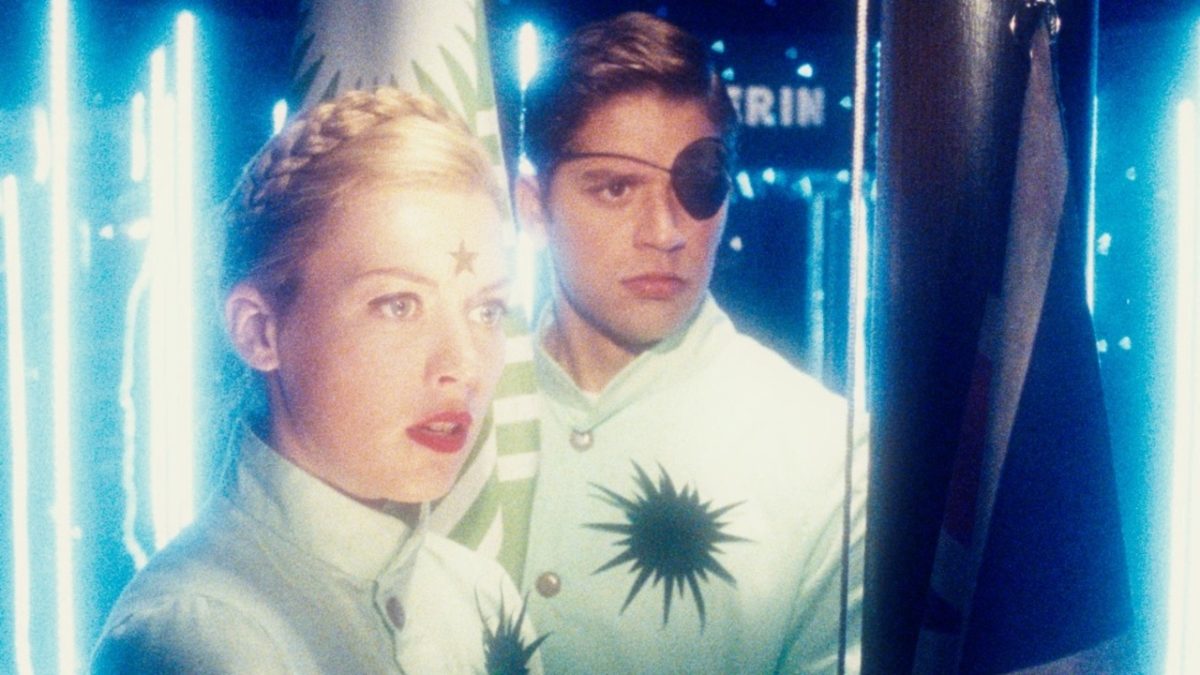
Look out: we have a new entry in the “Great Man” biopic subgenre, one that has spawned films as varied as John Ford’s The Long Gray Line and, uh, Jay Roach’s Trumbo. Joining the ranks is Matthew Rankin’s The Twentieth Century, which, with great aplomb, takes the piss out of Canadian history, showing us The (gradual) Taking of Power By William Lyon Mackenzie King, this nation’s 10th Prime Minister. – Ethan V. (full review)
The Vast of Night (Andrew Patterson)
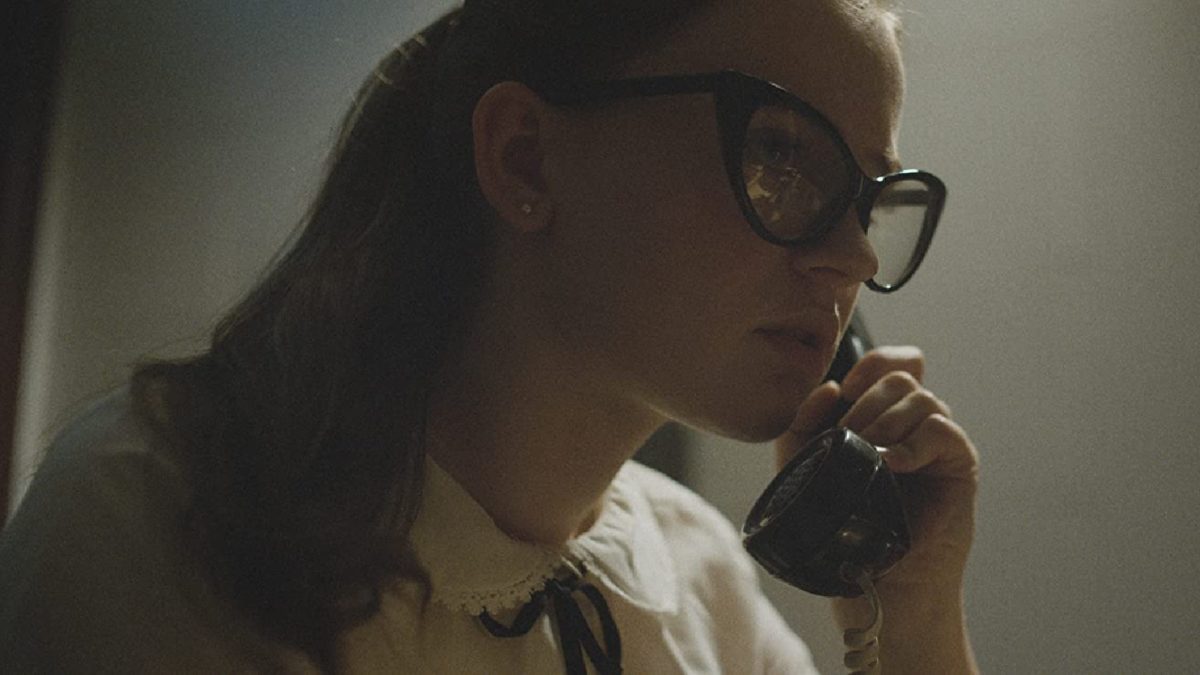
Whereas many a sci-fi film begins with a touch of the extraterrestrial to whet the appetite, The Vast of Night is far more interested in setting its foundation in the power of storytelling for an audience and the obsession on the part of the storyteller. Set in a small New Mexico town in the 1950s with no shortage of the kind of analog recording equipment fans of The Conversation and Blow Out will appreciate, this impressively polished microbudget production follows a young, impressionable switchboard operator Fay (Sierra McCormick) and a know-it-all radio DJ Everett (Jake Horowitz) over a single night as something mysterious comes through their airwaves. – Jordan R. (full review)
The Wolf House (Cristóbal León and Joaquín Cociña)

When it comes to the field of animation, many productions can often succumb to a certain sameness in their respective visual approaches. This is certainly not the case for a bold new Chilean film. Directed by Cristóbal León and Joaquín Cociña, The Wolf House is a stop-motion animation that plays out in a single-sequence shot, telling a fairy tale story based loosely on Colonia Dignidad, a German émigré-run colony in post-WWII Chile that was revealed to have been used to imprison, torture, and murder dissidents during the Pinochet regime. A nightmarish feast for the eyes, we hope these directors continue to carve out new paths in the animation field. – Jordan R.
Honorable Mentions
Emma.
The Father
Farewell Amor
Judy & Punch
Residue
Saint Frances
The Surrogate
Survival Skills
